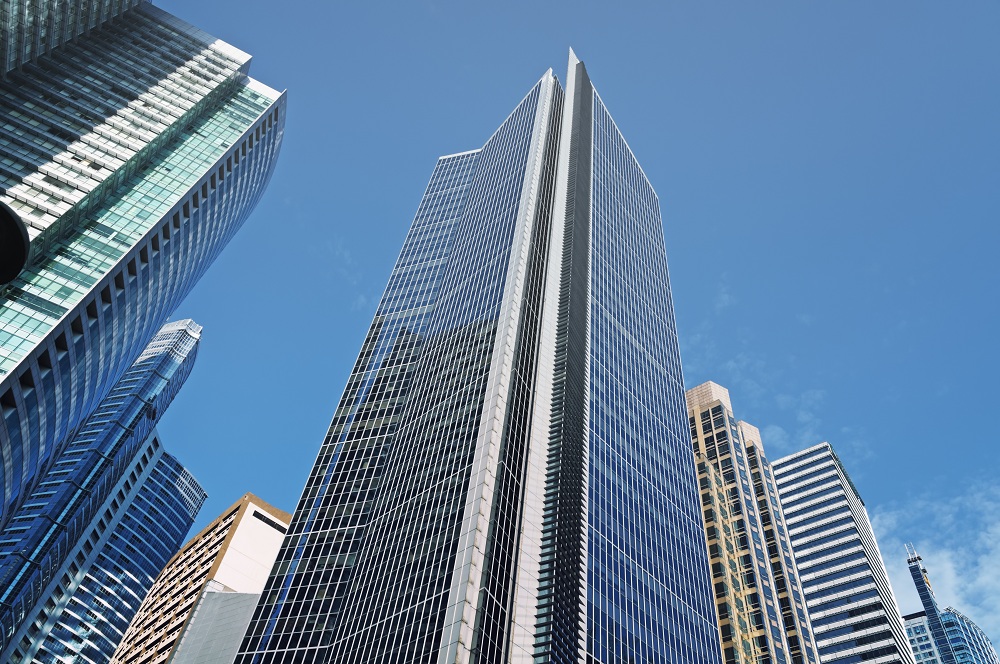Most commercial buildings feature multiple storeys to maximise use of space and profits. As such, a strong foundation is essential to support the weight of these buildings. There are different material options a construction company will offer you for your foundation.
The ideal choice is based on your area’s soils, seismic activity as well as your chosen construction material, notes A-Line Construction. Concrete remains the leading option for commercial building foundations. Here are the concrete types used for foundations:
Poured Concrete
This is the most common concrete used for foundations. Poured concrete is renowned for its dry and strong basements, design flexibility, low cost, and easy maintenance. When building on sand and gravel type soils, the poured concrete will need a sufficient bearing capacity to be effective. Clay-based soils are subject to movement from contraction and expansion. The foundation in these soils should be deep enough to ensure it remains stable in changing weather conditions.
Reinforced Concrete

This concrete has steel bars embedded in it for extra stability and support. Reinforced concrete is used in soils that can’t provide adequate support for poured concrete like peat and clay. Foundations made of reinforced concrete can float in or on the soil and have minimal exposure to various elements that might contribute to their collapse.
Rubble Concrete
This type of foundation is made of a continuous trench with crushed stone then topped using load-bearing beams. It’s an eco-friendly option since it uses less concrete compared to other options and can even use crushed recycled concrete. It’s commonly used in waterlogged soils since it supports water drainage.
A durable foundation is the primary determinant of your building’s longevity. With these concrete options, you’re guaranteed durable construction. This is because it’s a strong material, and protects your structure from ground shifts, water damage, and fire. Concrete is also rot and decay-resistant.

